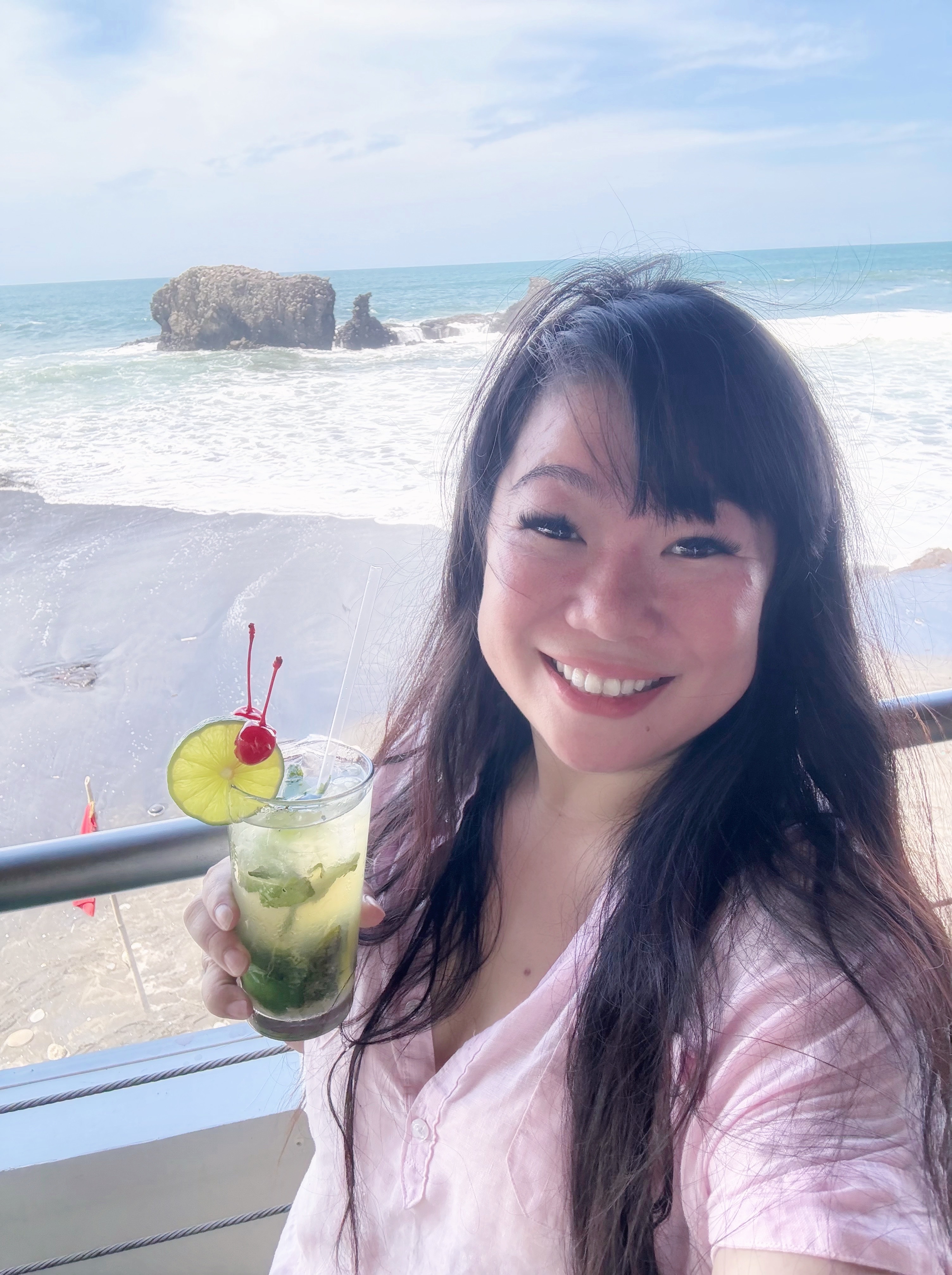Most Likely, Hope
- Hien Mindy Nguyen
- Jun 9, 2025
- 3 min read
Updated: Jun 11, 2025
I still remember our first Christmas in America. We were a family of six, and we were homeless. Not the kind of homeless where you sleep in your car- we didn’t even have one. A kind family took us in, offered us one room, one bed. All six of us slept there, pressed close like roots under snow. But to us, it was plenty. It was warmth. It was safety. We were together. My mom and I helped around the house while she and my father worked for whatever wage they could earn at the owner’s shop. I don’t remember many details from that time - just the blur of disorientation, the way newness can feel like drowning. But I remember the cold. Minnesota cold. The kind that bites through your coat, that settles in your bones. That first winter held the weight of a thousand small losses: my language, my friends, the street I used to walk to school, the version of me I had known.
Then one day, a woman from the local church pulled up in a car packed with gifts. I think we each got one or two. Mine was a Magic 8 Ball. I had never seen one before. It was this odd little orb, black with a tiny glitter-filled window, and something about it held my gaze. Not because I understood its purpose - most teenagers asked it about boys or fate or crushes. But to me, it was something else entirely. It felt like a portal. A small, floating universe I could hold in my hand. In that moment, I didn’t even know what to ask. My life as I knew it was gone, scattered across the ocean between who I had been and who I was now trying to become. But I remember the first answer it gave me. “Most Likely.”
And that was everything. Not a guarantee. Not a wish. But a quiet, steady nod from the universe. Most likely you’ll be okay. Most likely this won’t be forever. Most likely you will find your voice again. There was comfort in that small window of possibility. It was just enough hope to carry.
That Christmas didn’t have a tree. No lights. No feast. Just cold. Just the quiet acts of strangers who will never know what they did for me. They didn’t just bring gifts. They gave me back something I hadn’t realized I was losing - hope. Not the kind you shout about. The kind that settles in quietly, deep in your chest, and reminds you to keep breathing.
Years later, when I had just a little more - still not much - I adopted my first family for Christmas. Some years, it meant fewer gifts for my own kids and none for me. But it always felt like enough. I remember standing in the Salvation Army parking lot with the trunk of my car filled with wrapped boxes. A mother cried in my arms. A little girl who couldn’t speak just kept holding onto me like she knew I saw her. Her parents didn’t speak English, but they held each other’s hands and looked at me with eyes that needed no translation. In that moment, the magic wasn’t in the presents. It was in the recognition. In that unspoken language between humans that says: I see you. You’re not alone.
I think that’s why I keep doing it. Not because I’m trying to be some version of Santa. Not because I’m magical. But because I remember how it feels to be invisible. I remember the ache of being far from home, the longing for something to hold onto. And I need to believe in this world, in the goodness we pass to each other quietly, without needing to be thanked. Maybe that’s what Christmas is, after all. Not a holiday. Not a tradition. But a thread between us. A hand on the back. A whisper in the dark that says: most likely, you’re going to make it.
For You, my friend!
What if the gift wasn’t the thing wrapped in paper,
but the way someone looked at you and didn’t turn away?
What if the moment that saved you wasn’t loud,
but the quiet way a stranger made space for your sorrow?
When was the last time hope arrived
without knocking, small, ordinary, and exactly enough?
And if you are the one offering light now,
can you feel how sacred it is
to be someone’s most likely?




Comments